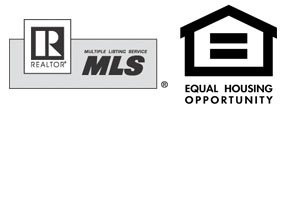
For Your Clients: 6 Reasons it Pays to Shop Around Before Choosing a Mortgage
By Paige TeppingRISMEDIA, August 26, 2010--You wouldn’t buy a house without shopping around first, right? Then why would you commit to the loan you use to buy that house without making sure you’re getting the best deal possible? From the experts at LendingTree, here are six reasons why it’s essential to take a few minutes to browse before you borrow:
1. To get the best interest rate possible
Over the life of a $200,000, 30-year fixed rate loan, a one-tenth of a point difference in interest rate could save or cost you thousands of dollars.
2. To pay lower loan fees
Once your loan application is accepted, the lender will get back to you with a good-faith estimate (GFE), including an itemized list of all the costs associated with the loan. If there are any parts of the GFE that you don’t understand, don’t be afraid to ask the lender to explain each fee that is listed.
3. To avoid a prepayment penalty
In these transient times, it seems no one stays in their home long enough to pay down their mortgage the old fashioned way: in monthly increments over a period of decades. So you’ll want to be clear on whether the terms of your loan include a penalty if you pay off your mortgage early—either because you move or refinance.
4. To find a lender you feel comfortable with
You don’t want any surprises popping up at closing time. Get a lender who is responsive to your questions and is willing to give you the details in writing.
5. To find a lender that specializes in your situation
Recent volatility in the mortgage markets means that people with bad credit or little money for a down payment might have to look a little harder to find a lender.
6. To get the rate lock period you want
Once you’ve found the lender offering the best mortgage rate and terms, you’ll want to get a written commitment, known as a “lock” that puts in writing that the lender will make the loan to you at that the specified interest rate. The length of the lock can vary from 30-90 days, but many lenders will charge a fee for a rate commitment of longer than a month. Negotiate the lock period that is right for you, depending on when you plan to close on your new home and if interest rates are expected to creep higher during that time.
















No comments:
Post a Comment